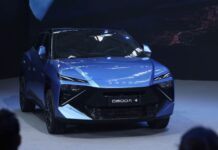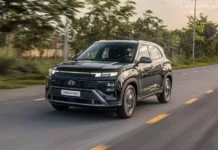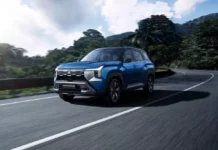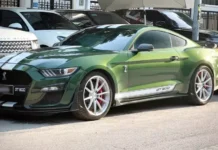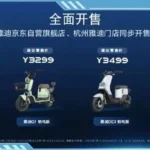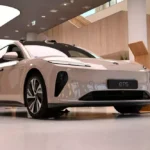A recent dispute in China has sparked a wave of fierce debates on social media.
On December 11th, a man named Zhao, who owns an apartment in Zhejiang, China, purchased three parking spaces in his residential complex.
However, as he did not own a car, all three parking spots remained empty and were often occupied by other vehicles, despite him installing locks and putting up notices reserving the spaces. Frustrated, he decided to place his son’s toy cars in the spots.
What Zhao didn’t expect was for the parking lot staff to vandalize the toy cars, citing potential fire hazards as the reason for their actions.
Angered, Zhao demanded compensation of 60,000 yuan (approximately 20.77 million VND) from the management. He argued that his actions were justified as he had witnessed bicycles, electric scooters, and three-wheeled vehicles occupying car parking spots in the past.
Once shared on social media, the incident sparked a lot of controversy. Some opposed Zhao’s actions, while others believed that the management was entirely in the wrong.
According to NetEase and Sohu, while using toy cars to reserve spaces may not be appropriate due to potential fire hazards, it was a way for Zhao to protect his legitimate rights and prevent unauthorized occupation. Therefore, he should not be blamed for this incident.
On the other hand, the management is responsible for properly managing and protecting the legitimate rights and interests of the residents.
The management’s act of destroying Zhao’s son’s toy cars without his consent could constitute an infringement of property rights, and they should be held accountable for corresponding compensation. The amount of compensation is determined based on the value of the damaged item. However, if the requested compensation amount is excessively high and exceeds the actual damage, Zhao’s request may be considered unreasonable.
TH (Tuoitrethudo)




